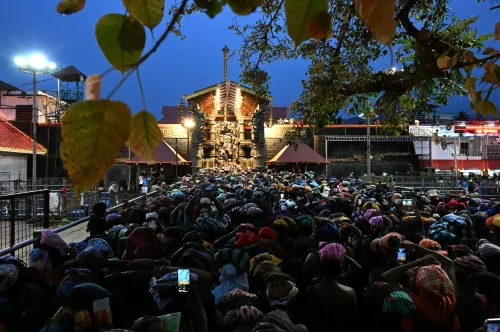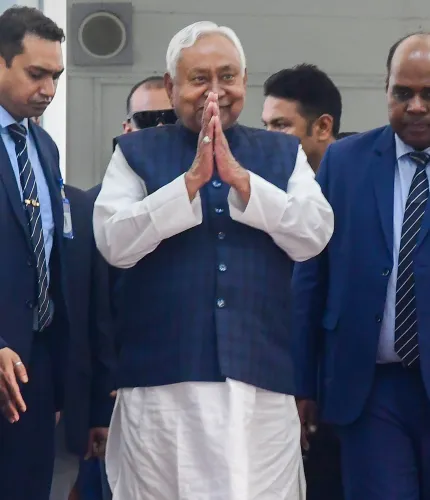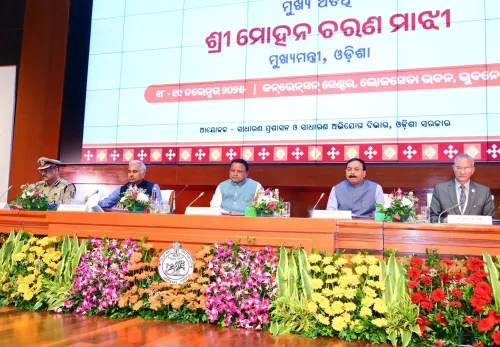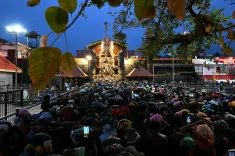Is the DMK Government Failing to Address Caste-Related Crimes in Tamil Nadu?

Synopsis
Key Takeaways
- Low conviction rates in caste-related crimes pose a serious challenge in Tamil Nadu.
- The state recorded a significant increase in atrocities against Dalits.
- Systemic issues within law enforcement and the judiciary hinder justice delivery.
- Urgent reforms are necessary to address these challenges.
- Public trust in the justice system is at stake.
Chennai, Nov 20 (NationPress) In a significant sign of escalating tensions within the ruling DMK alliance in Tamil Nadu, VCK General Secretary and Villupuram MP D. Ravikumar has vehemently condemned the state's distressingly low conviction rates in caste-based crimes. He emphasized that the current statistics reflect a profound failure of the state's law enforcement and judicial systems.
The VCK, a partner in the ruling DMK coalition, comprises four MLAs and two MPs. In a comprehensive statement, Ravikumar highlighted that cases lodged by Dalits under the SC/ST (Prevention of Atrocities) Act are frequently dismissed at alarming rates, often deemed “false” without proper investigations.
He claimed that these troubling outcomes are a result of inadequate case management by the police and a lack of urgency from enforcement agencies in seeking justice for victims of caste-related violence.
Referencing the 2023 National Crime Records Bureau (NCRB) data, the VCK leader noted a troubling rise in crimes against Scheduled Castes in Tamil Nadu, with 1,921 recorded cases of atrocities against Dalits in 2023, a stark increase from the 1,377 cases documented in 2021.
Ravikumar compared these figures with those from neighboring states such as Andhra Pradesh, Telangana, and Karnataka, which all reported a decline in crimes against SCs during the same timeframe, accentuating Tamil Nadu’s “alarming deviation” from both national and regional patterns.
He also pointed out that the backlog of cases in Tamil Nadu's courts continues to escalate. As of 2023, there were 6,410 cases related to atrocities against SCs pending trial, with an additional 1,502 new cases added that year, bringing the total to 7,912. This overwhelming backlog, he warned, severely hampers justice delivery for marginalized communities.
Ravikumar raised concerns regarding the disconcerting disparity in case outcomes.
In 2023, there were merely 115 convictions, while 830 cases concluded with acquittals, leading to a conviction rate of just 12%, significantly lower than the national average of 32%.
He attributed this unsatisfactory conviction rate to systemic challenges, including improper case filings, weak charge sheets, investigation delays, and insufficient follow-up by the prosecution.
Labeling the situation as unacceptable, the VCK general secretary asserted that the state urgently needs to reform its policing and prosecution procedures to guarantee justice for Dalits.
He urged the government to enhance investigative protocols, provide better training for police personnel, and ensure that cases under the SC/ST Act are treated with the seriousness they warrant.
Ravikumar concluded that the rising incidents of violence and declining conviction rates threaten Tamil Nadu’s narrative of social justice and called for prompt corrective measures to restore faith among marginalized communities.









